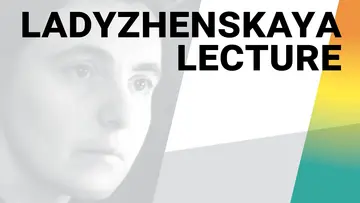Wave Localization
- Svitlana Mayboroda (ETH Zurich)
Abstract
Waves of all kinds permeate our world. We are surrounded by light (electromagnetic waves), sound (acoustic waves), and mechanical vibrations. Quantum mechanics revealed that, at the atomic level, all matter has a wavelike character. And classical gravitational waves have been very recently detected. At the cutting edge of today’s science, it has become possible to manipulate individual atoms. This provides us with precise measurements of a world that exhibits myriad irregularities — dimensional, structural, orientational, and geometric— simultaneously. For waves, such disorder changes everything. In complex, irregular, or random media, waves frequently exhibit astonishing and mysterious behavior known as ‘localization’. Instead of propagating over extended regions, they remain confined in small portions of the original domain. The Nobel Prize–winning discovery of the Anderson localization in 1958 is only one famous case of this phenomenon. Yet, 60 years later, despite considerable advances in the subject, we still notoriously lack tools to fully understand localization of waves and its consequences. We will discuss modern understanding of the subject, recent results, and the biggest open questions.
